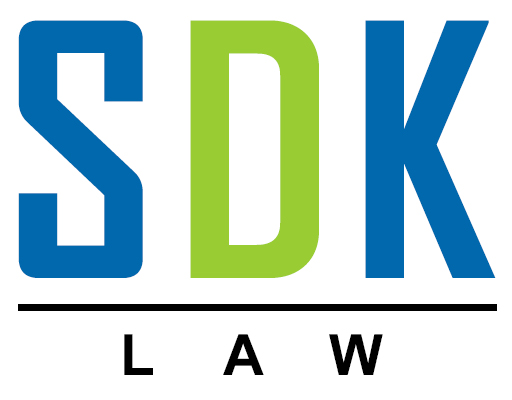Impact of Cost Cutting on Access to Justice
Some months ago I posted an article about the impact of spending cuts on access to justice. My prediction was that a rise in the small claims limit would lead to more litigants in person taking their small claims matters to court without the assistance of lawyers and, consequently, a great deal more strain on the District Judges who typically hear such cases.
Today the Times ran an article written by the ever impressive Lord Pannick in which a senior District Judge appears to confirm that prediction. The comments are made in the context of both Legal Aid cuts and the raising of the small claims limit but the point remains valid.
A lack of legal advice can make a hearing which would ordinarily take a few minutes last up to an hour. A case is mentioned in which a final hearing listed for one day took three days. Court staff are put under pressure from litigants seeking advice on procedure. They are unable to give legal advice. The judiciary are put under pressure by having inadequately prepared and presented cases put in front of them which require either a lot of work by the Judge to understand the case or an adjournment to allow the parties to put things right or to allow the Court enough time to deal with the case.
Elsewhere in the same publication are calls for more lawyers to undertake pro-bono work. This involves the solicitors in working for nothing (for the public good) and I am afraid that this is just not feasible for the majority of small practises. We are in business and work to earn the money which we need to pay our heavy insurance premiums, keep our office rents and staff paid and, hopefully have enough to feed ourselves.
District Judge Chapman makes three proposals, all of which are eminently sensible, which might help. The first is an early judicial evaluation of the case by a Judge to allow the parties to go away and try to resolve their differences. This is something which was anticipated as an effect of the Civil Procedure Rules over a decade ago and which already happens to an extent but not in the majority of cases.
The second is an inquisatorial approach by the Judges involving an explanation to litigants in person of what they need to do and how they should prepare their cases. That routinely happens at case management conferences although, in truth, the advice is rarely understood. I see many litigants in person who listen intently and still arrive at Court with little or no admissible evidence and no documents or witness statements that comply with the rules or provide the Judge (or indeed me) with any real idea of what the case might be.
The last is a new service from the legal profession. District Judge Chapman suggests that we add to our range of services a “litigant in person DIY pack” involving a fixed fee interview and advice on what needs to be done and how to do it.
I support that proposal and have offered it to my business clients for some time. For larger cases involving relatively high sums of money still within the small claims limit I will even offer a fixed fee service for dealing with the entire case if it is sufficiently strong.
It is not ideal. The lawyers may have to work harder and for less money. I know that will not gain much sympathy from many but the cost of running a practise is substantial and even as a sole practitioner the first £30,000 to £40,000 of billing in a year is swallowed by operating expenses. I am afraid that we need to charge as much as we do to stay in business.
However, SDK Law is certainly prepared to take some of the strain to assist its clients with presenting a claim effectively and to reduce some of the burdens facing our Court system.
Feel free to contact me if you think that we can help.
